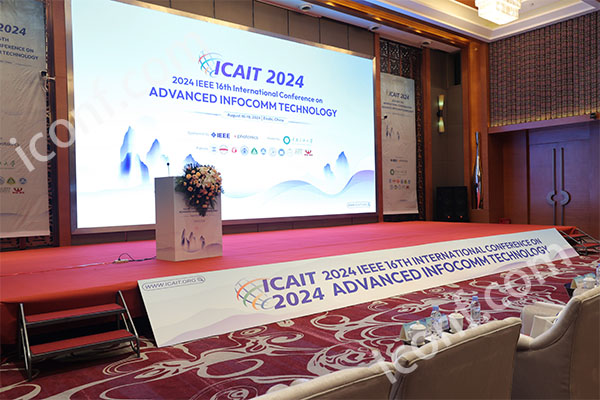

181 views||Release time: Jul 07, 2025
Academic workshops offer researchers and students a unique opportunity to learn specialized skills, discuss emerging topics, and develop close professional networks. Unlike large-scale conferences, workshops are usually smaller, more focused, and highly interactive — making them a powerful tool for academic growth.

Academic workshops are intensive, topic-specific events designed to provide in-depth learning and active participation. They often include:
Hands-on sessions led by field experts
Practical exercises and case studies
Interactive discussions and group work
Opportunities for direct feedback
These events typically last from a few hours to a few days and are often held alongside or as part of larger conferences.
| Benefit | Why It’s Important |
|---|---|
| Skill Development | Gain practical skills not easily taught in lectures or papers. |
| Direct Interaction | Engage with experts and receive personalized guidance. |
| Focused Learning | Explore niche topics in depth with dedicated sessions. |
| Networking | Build closer professional relationships with peers and instructors. |
| Research Ideas | Get inspiration for future research projects or collaborations. |
When selecting an academic workshop, consider these factors:
Topic Relevance: Does it align with your current research interests or skill gaps?
Instructor Credentials: Are the speakers or facilitators recognized experts in the field?
Format and Structure: Is the workshop hands-on, discussion-based, or lecture-style? Choose what best suits your learning style.
Audience Size: Smaller workshops often offer more personalized attention.
Associated Events: Is it part of a larger conference or a standalone event?
Location and Accessibility: Decide if you prefer offline, online, or hybrid formats.
iconf.com is a trusted platform that allows researchers to:
Search for workshops by topic, region, or indexing status.
Access official details such as schedules, instructors, and learning objectives.
Track submission and registration deadlines.
Verify organizer credibility to avoid low-quality or predatory events.
Add workshops to a personal academic calendar and receive reminders.
With iconf.com, you can focus on preparing for hands-on learning instead of worrying about finding credible opportunities.
| Format | Advantages | Considerations |
|---|---|---|
| Offline | Rich personal interaction and networking | Travel expenses and schedule constraints |
| Online | Flexible and budget-friendly | Less immersive, limited physical interaction |
| Hybrid | Combines flexibility with networking potential | Confirm participation requirements |
Pre-Read Materials: Complete any assigned readings or prep work before attending.
Prepare Questions: Identify specific problems or topics you want to discuss.
Engage Actively: Participate fully to maximize value and learning.
Network: Connect with speakers and participants for future collaborations.
Reflect and Apply: Implement new knowledge and skills in your research or teaching immediately.
Academic workshops are a valuable way to strengthen your skills, gain specialized knowledge, and build meaningful academic relationships. By using platforms like iconf.com, you can easily find, plan, and prepare for high-quality workshops that support your research and career growth.